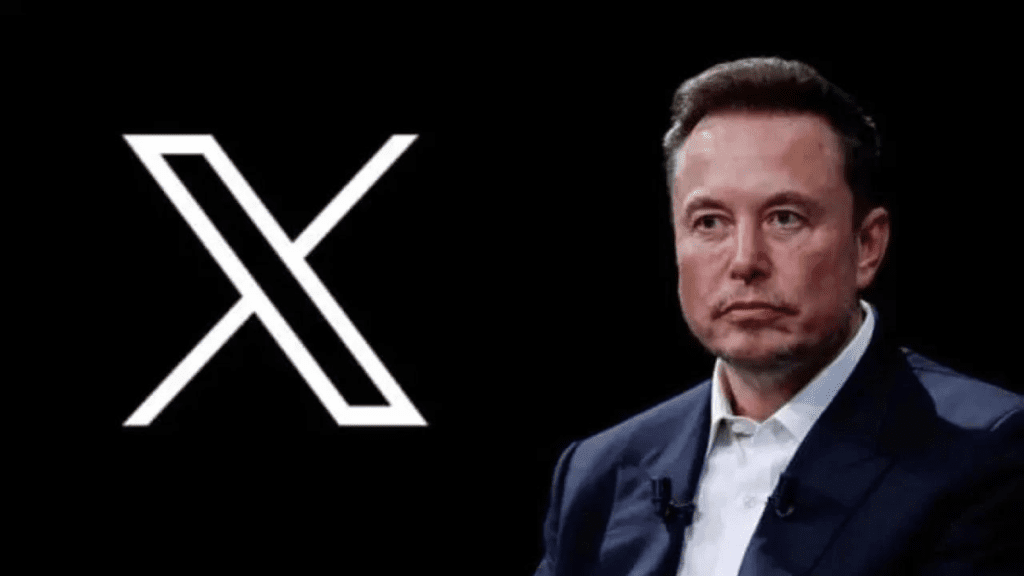Brazil’s Supreme Court upheld a national ban on the social media site X, formerly known as Twitter, in a unanimous ruling on Monday. The decision is a turning point in the ongoing discussion about corporate social responsibility, free expression, and the authority of government control.
The Court’s Decision and Background
The five-justice panel, which is part of Brazil’s 11-member Supreme Court, confirmed the suspension of X after the platform, owned by billionaire Elon Musk, failed to comply with a legal mandate. The company was required to appoint a new legal representative in Brazil but missed the court-imposed deadline. This led to the platform being suspended on Saturday, with the decision now solidified by the highest court in the country.
Chief Supreme Court Justice Alexandre de Moraes had previously ordered the suspension of X, giving tech giants like Apple and Google a five-day ultimatum to remove the app from their stores and block its use on iOS and Android devices. Individuals or businesses attempting to bypass the ban using virtual private networks (VPNs) could face fines of up to $8,910.
The Broader Impact
The decision affects a significant portion of Brazil’s population, where X had approximately 40 million users out of a total population of 215 million. Globally, the platform boasts over 550 million monthly active users. The ruling not only impacts the social media landscape in Brazil but also raises questions about the future of digital communication and expression in the country.
Justice Flávio Dino emphasized the balance between free speech and responsibility, stating, “Freedom of expression is closely linked to a duty of responsibility. The first can’t exist without the second, and vice-versa.”
Elon Musk’s Reaction
Elon Musk, who also owns SpaceX and Tesla, did not take the decision lightly. He expressed his outrage on X, condemning the Brazilian government’s actions. Musk warned of potential retaliatory measures, stating, “Unless the Brazilian government returns the illegally seized property of X and SpaceX, we will seek reciprocal seizure of government assets too. Hope Lula enjoys flying commercial.”
The Brazilian Supreme Court also froze the bank accounts of Starlink, Musk’s space satellite service operating in the country, further escalating the conflict. Musk’s criticism of the court’s decision underscores his broader concerns about government censorship, both in Brazil and globally. He cautioned that similar actions could happen in the United States, referencing political figures like Kamala Harris, Tim Walz, and Barack Obama, who have called for stricter regulation of social media platforms.
MORE MUST-READS FROM liveupdatechannel
Political Context
This legal battle comes in the wake of Brazil’s broader efforts to combat misinformation. In April, Justice Alexandre de Moraes ordered the suspension of several accounts allegedly spreading disinformation, particularly those linked to supporters of former right-wing president Jair Bolsonaro. The crackdown on social media platforms, including X, is part of the government’s strategy to curb the spread of false information.
President Luiz Inácio Lula da Silva, who took office in 2023, has faced criticism from Musk and other advocates of free speech for his administration’s approach to regulating digital platforms. However, supporters argue that these measures are necessary to protect democracy and public discourse.
The Rise of Alternatives
As X faces legal challenges in Brazil, alternative platforms are gaining traction. Bluesky, a decentralized social media platform, reported a surge in new users following X’s suspension. Over the weekend, Bluesky registered half a million new users in Brazil within just two days. The platform’s CEO, Jay Graber, celebrated the growth, stating, “Good job, Brazil, you made the right choice.”
The Future of Social Media in Brazil
The ban on X raises important questions about the future of social media in Brazil. While the government’s actions are seen by some as necessary to maintain order and prevent the spread of misinformation, others view it as a dangerous precedent for censorship and control over digital platforms.
For now, the Brazilian public will have to navigate a new digital landscape, one where alternative platforms like Bluesky may play a larger role. Meanwhile, the global tech community will be watching closely to see how this conflict between government authority and corporate power unfolds.
Conclusion
The situation in Brazil serves as a critical case study in the ongoing global debate over the balance between free speech, corporate responsibility, and government regulation. As Brazil’s Supreme Court upholds the ban on X, the world is left to ponder the implications of such decisions on the future of digital communication and the principles of democracy.
Frequently Asked Questions (FAQs)
1. Why was X banned in Brazil?
X was banned in Brazil after failing to comply with a legal mandate to appoint a new legal representative in the country before a court-imposed deadline.
2. How many X users were affected in Brazil?
Approximately 40 million X users in Brazil were affected by the ban, out of a total population of 215 million.
3. What did Elon Musk say about the ban?
Elon Musk expressed outrage over the ban, threatening retaliatory measures against the Brazilian government and warning that similar censorship could happen in other countries.
4. Are there alternatives to X in Brazil?
Yes, Bluesky, a decentralized social media platform, has seen a significant increase in users in Brazil since X was suspended.
5. What is the fine for using X via VPN in Brazil?
Individuals or businesses found accessing X using a VPN could face fines of up to $8,910.
6. How does this decision relate to misinformation in Brazil?
The ban on X is part of Brazil’s broader efforts to combat misinformation, particularly following the spread of disinformation by supporters of former president Jair Bolsonaro.
